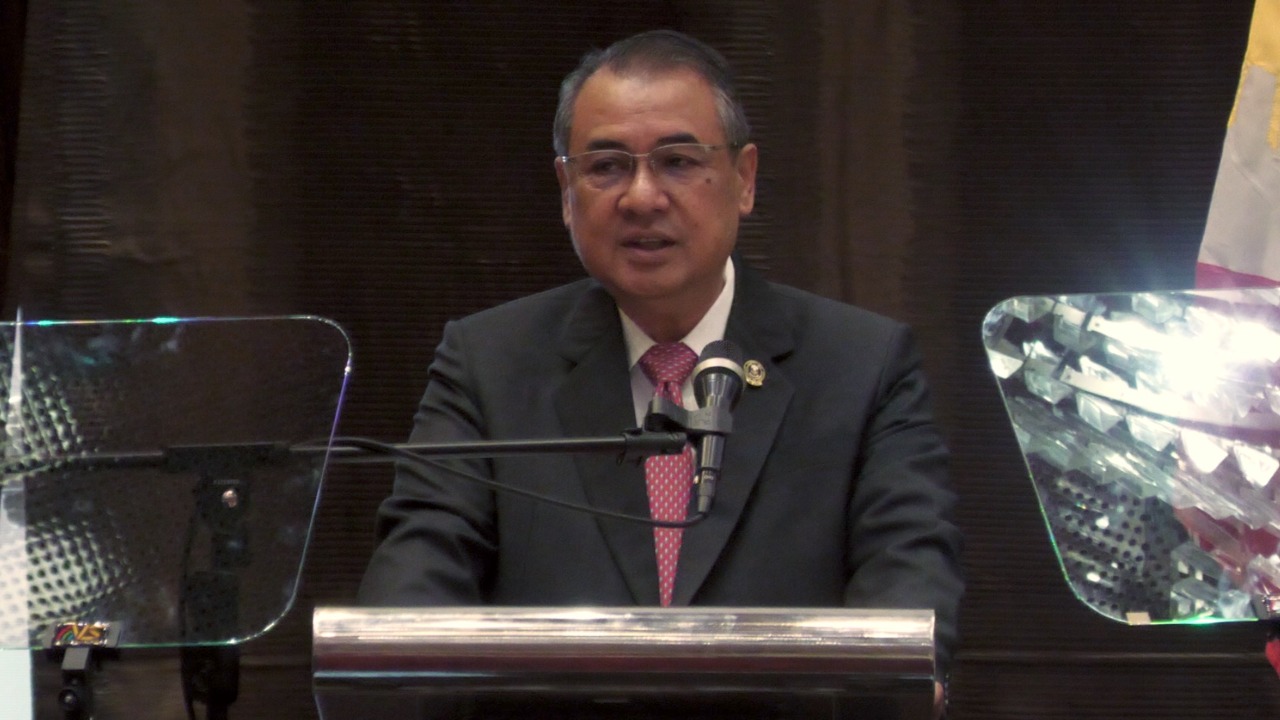SC to decide on poll-related cases, NCAP in 2023

Hon. Chief Justice Alexander G. Gesmundo. Photo by Ryan Leagogo/INQUIRER.net
The Supreme Court is expected to decide on pending petitions that spur public interest, including election-related cases and the petition challenging the legality of the no-contact apprehension policy (NCAP) in 2023, according to Chief Justice Alexander Gesmundo.
“Those are the priority cases that we will be deciding on next year. Hopefully, next year we can resolve those current pending cases that spark public interest,” he said in a recent press briefing.
An urgent appeal to hold the barangay and Sangguniang Kabataang (SK) elections in May 2023 instead of October has been filed in the Supreme Court.
Early this month, election lawyer Romulo Macalintal filed his second urgent motion, saying the remaining time presents the urgency to resume the preparations for the barangay and SK elections.
In November, Macalintal filed a similar motion, which asked the high court to order the Commission on Elections to resume its preparations for the holding of the twin polls in May 2023.
On the other hand, oral arguments for the NCAP of local governments in Metro Manila have been suspended until January by the high tribunal.
The NCAP is a road safety and traffic management program being implemented by the local governments of Manila, Parañaque, Quezon City, San Juan and Valenzuela, as well as along Edsa by the Metropolitan Manila Development Authority.
The measure has been opposed by many public utility vehicle operators and private vehicle owners because they claimed that apart from its stiff fines, it is unconstitutional as it violates their right to due process.
On Aug. 30, the Supreme Court indefinitely stopped the implementation of the NCAP after several petitions were filed assailing its constitutionality.
During the oral arguments last Dec. 6, government lawyers, led by Solicitor General Menardo Guevarra, asked the high court to lift the temporary restraining order against the policy.
Gesmundo had said the Supreme Court would study the request of the solicitor general, which is why he asked the petitioners to submit several documents to be taken into consideration before deciding on lifting the restraining order or not.
Antiterror law
Meanwhile, Gesmundo also said that the high tribunal was working on specific rules governing antiterrorism cases.
He said the Supreme Court has also formed an ad hoc committee to draft the rules on the handling of terror cases in relation to the Anti-Terrorism Act of 2020. The committee is chaired by retired Chief Justice Reynato Puno.
“The Court did not settle with just rendering a decision on this case. We went a step further to ensure that the implementation of the antiterrorism law is properly done when it reaches the judicial process,” he said during a recent press conference.
“We want to make sure that there are specific rules governing the antiterrorism cases so that the rights of people are respected, the right of the state is also equally protected,” he added.
Gesmundo expressed hope that the specific rules of procedures may be shared with the public and other stakeholders for consultation by the first quarter of 2023.
The Supreme Court earlier declared as unconstitutional two portions of the feared Republic Act No. 11479, or the Anti-Terrorism Act.
The Anti-Terrorism Act was signed into law on July 3, 2020, and took effect on July 18. It is the subject of 37 petitions before the Supreme Court, making it the most contentious law to date.